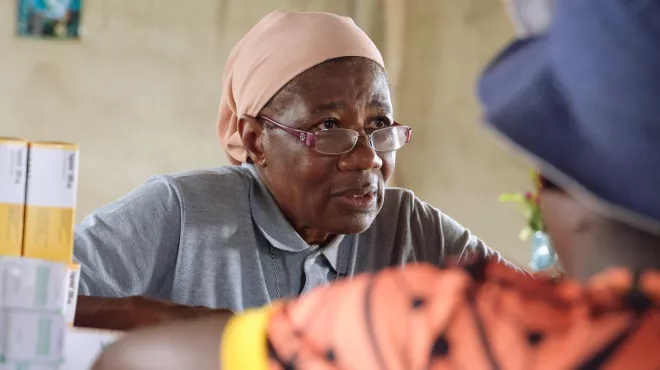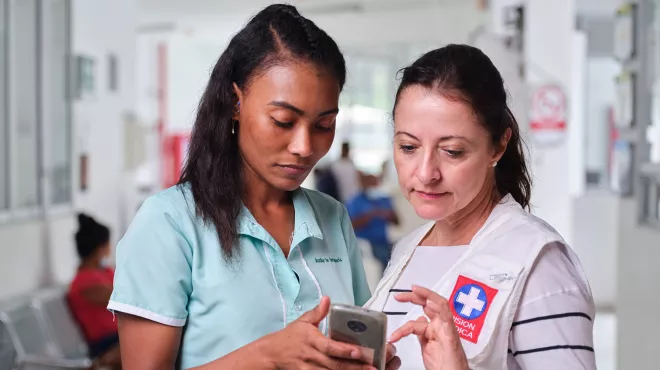In the ten years Zhang Bin has been an ophthalmologist, he’s performed hundreds of cataract surgeries. Yet he saw there was still tremendous need for improved access to eye care among the 8 million people living in and around Shenyang, where some of his patients travel three hours for treatment.
So when he heard the Flying Eye Hospital and its staff of volunteer doctors were coming to town to treat patients and train local eye care professionals, he eagerly signed up.
The Flying Eye Hospital is operated by Orbis International, a non-profit organization dedicated to increasing the standard and availability of eye care in more than 90 countries around the world. Alcon, the Novartis eye care division, has supported Orbis for 34 years with grants, donated equipment and volunteers.
The Orbis Flying Eye Hospital, the world’s only fully accredited teaching hospital on an aircraft, was designed to bring the best medical technology and training to the developing world. The third generation of the flying hospital, built in a donated MD-10 jet, was unveiled in June and its first mission was to Shenyang. There, the hospital’s volunteers used the plane’s operating room and advanced equipment to demonstrate a variety of eye surgeries.
Preventable forms of blindness are common in China, yet not enough doctors there are equipped to treat them. For instance, cataracts, a clouding of the eye’s lens, account for about 40% of all blindness in China. However, because fewer than half of China’s 23,000 ophthalmologists perform cataract surgery, many people still go without treatment.
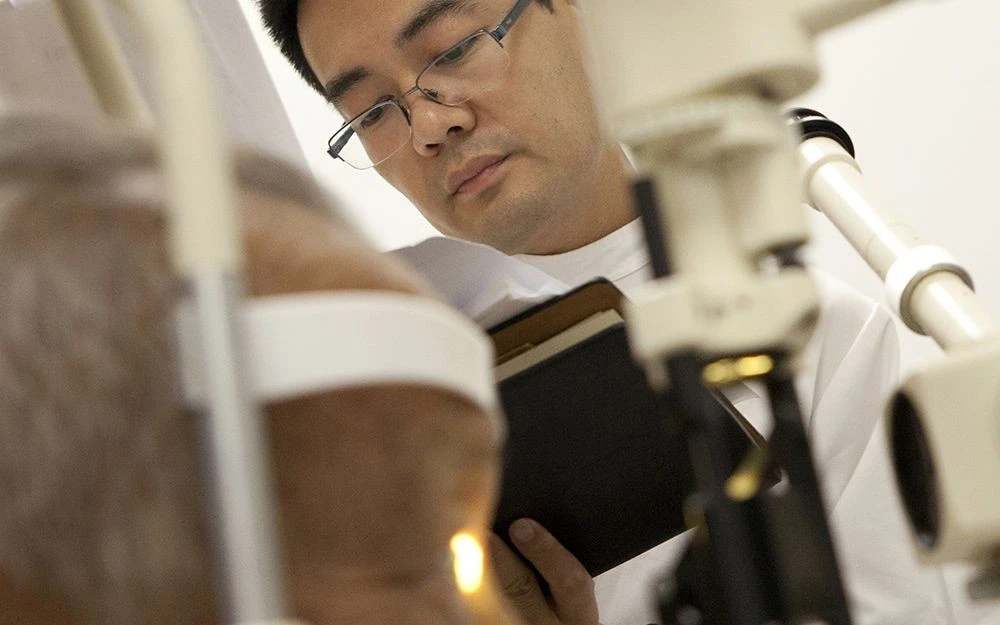
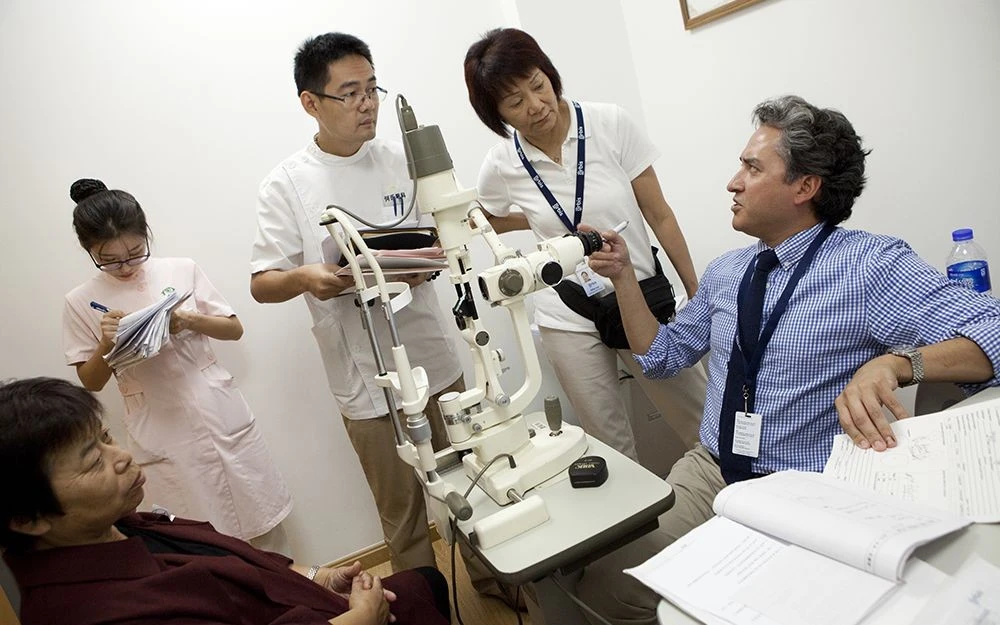
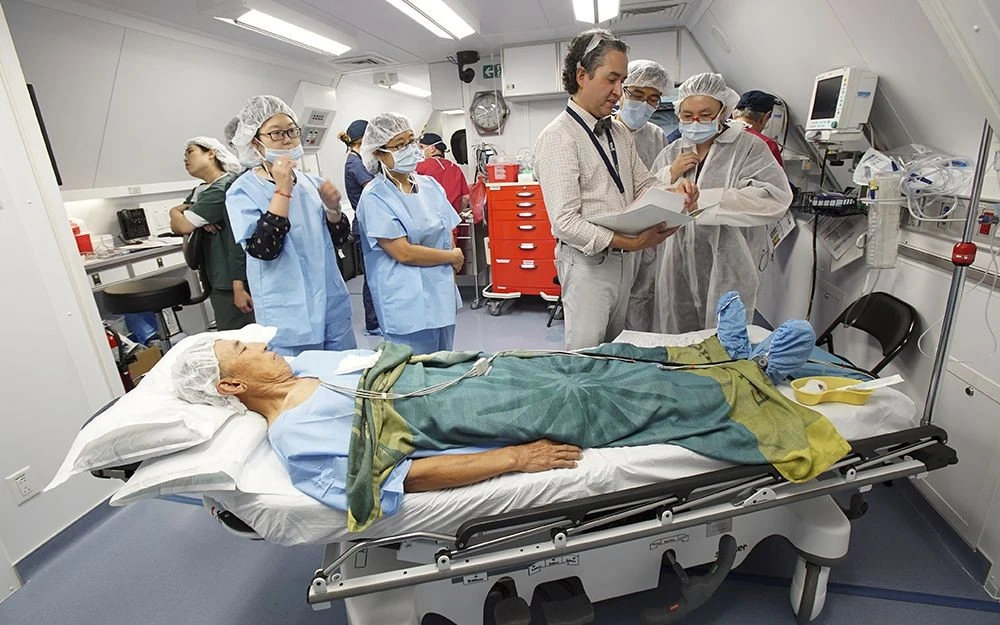
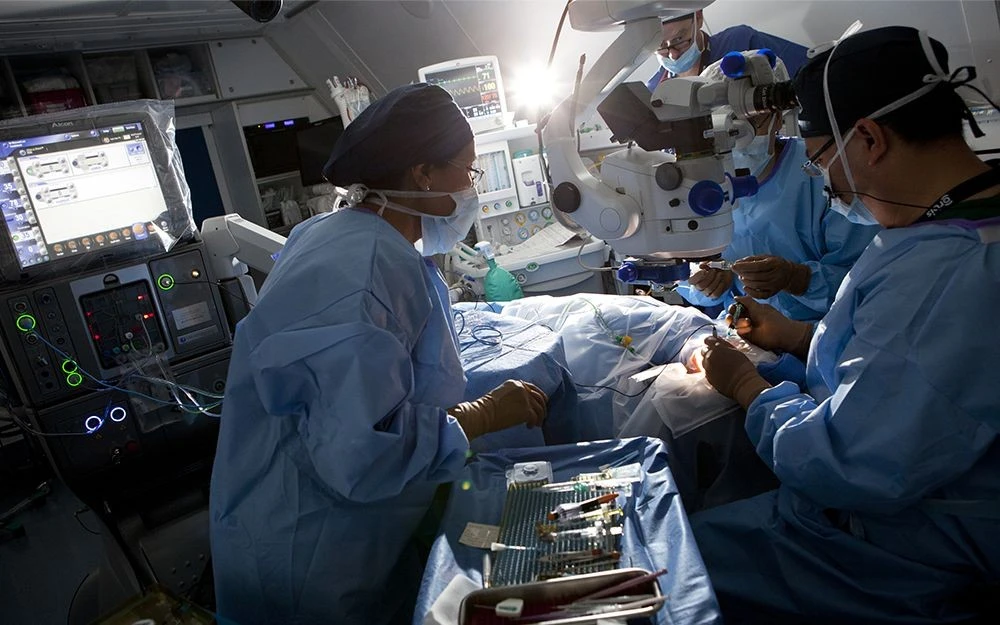
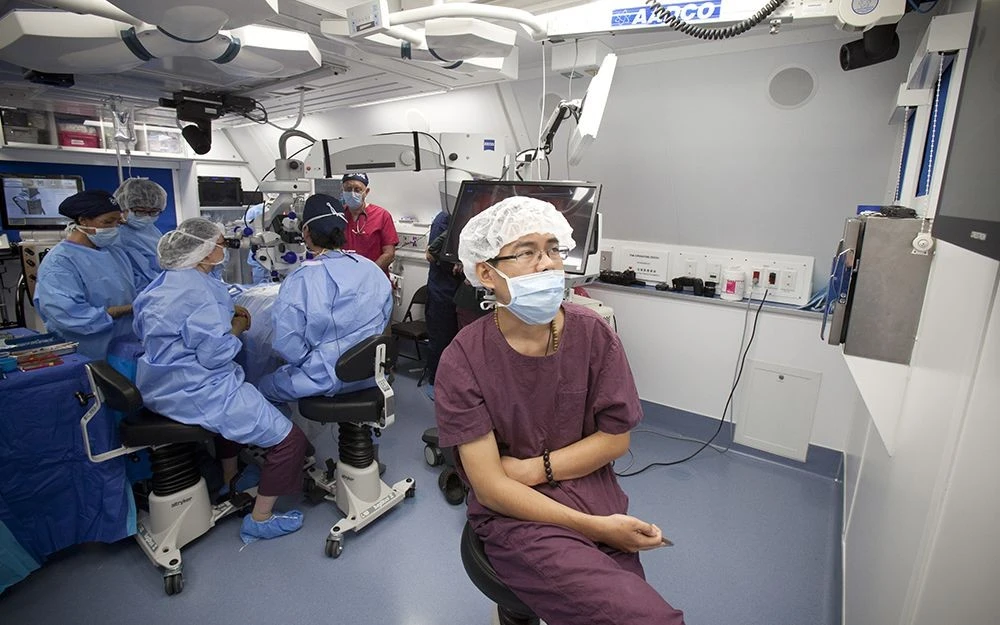
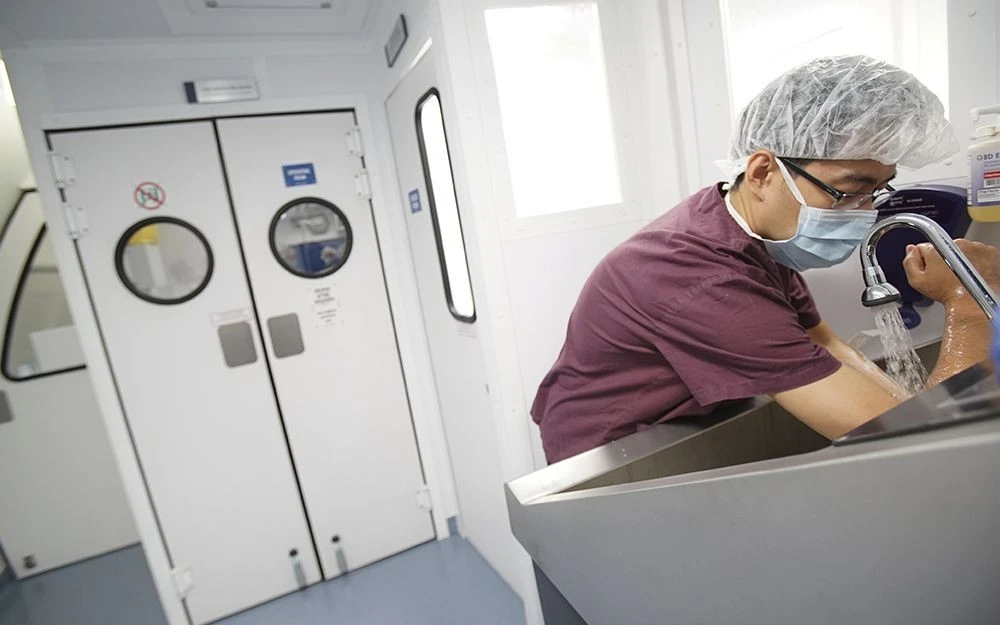
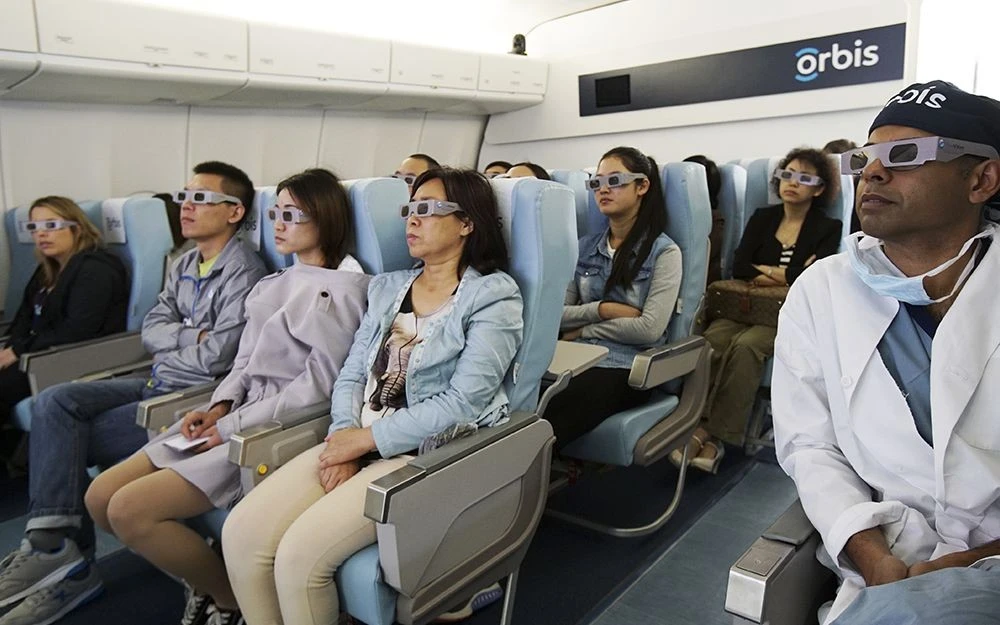
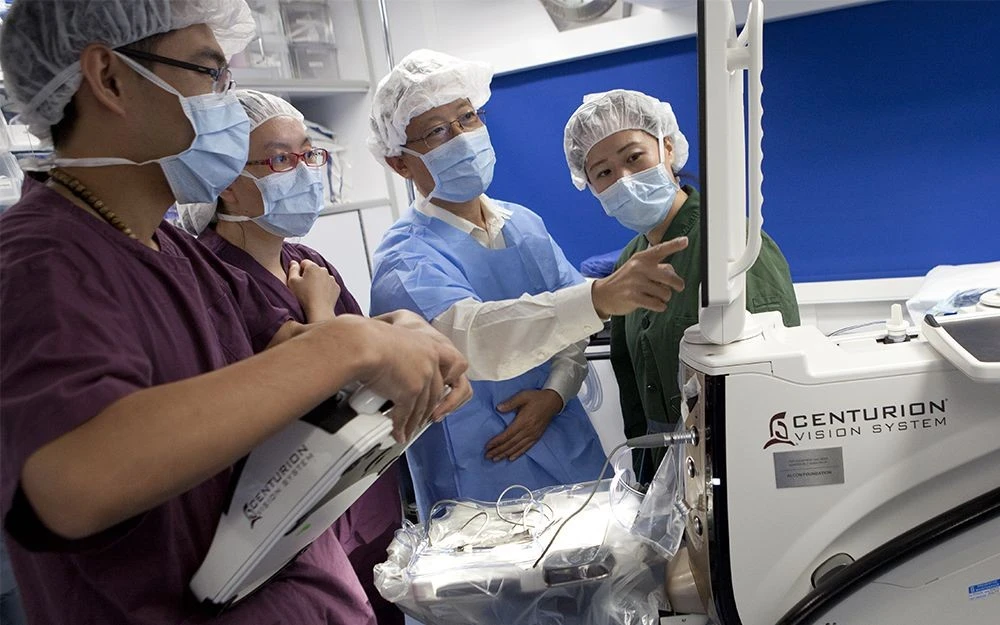
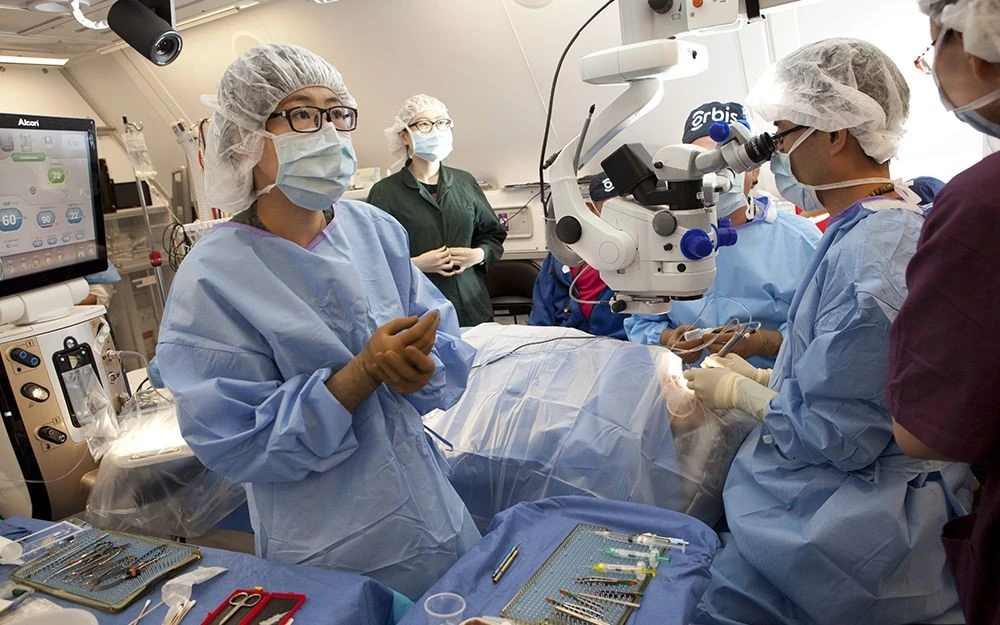
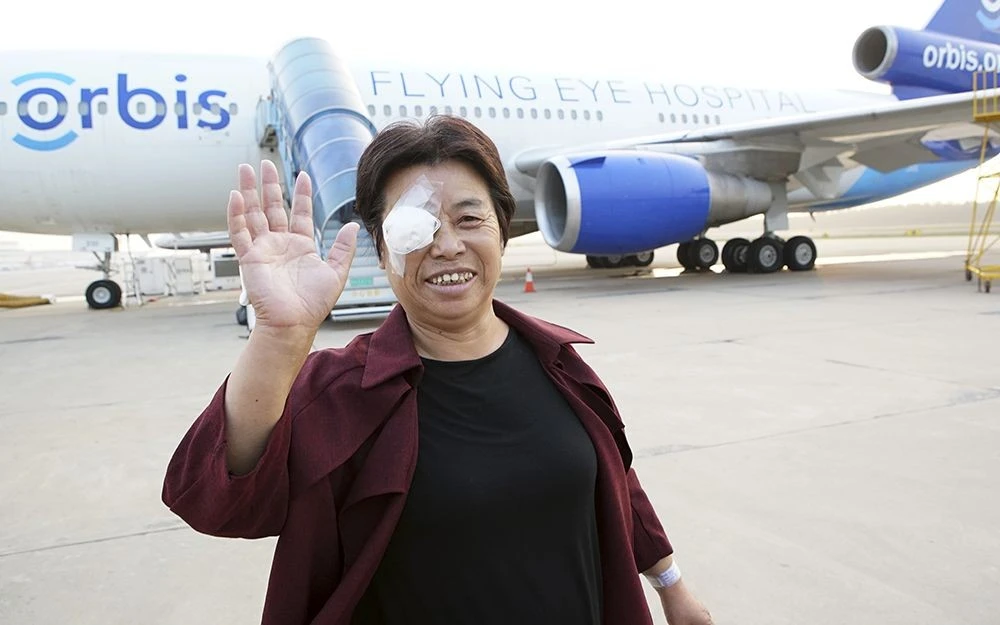
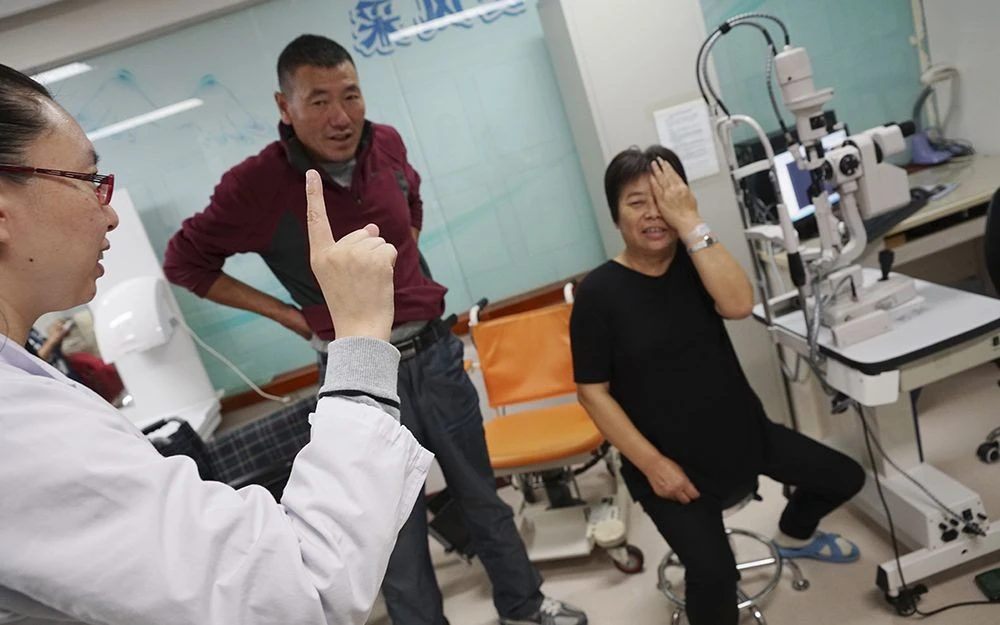
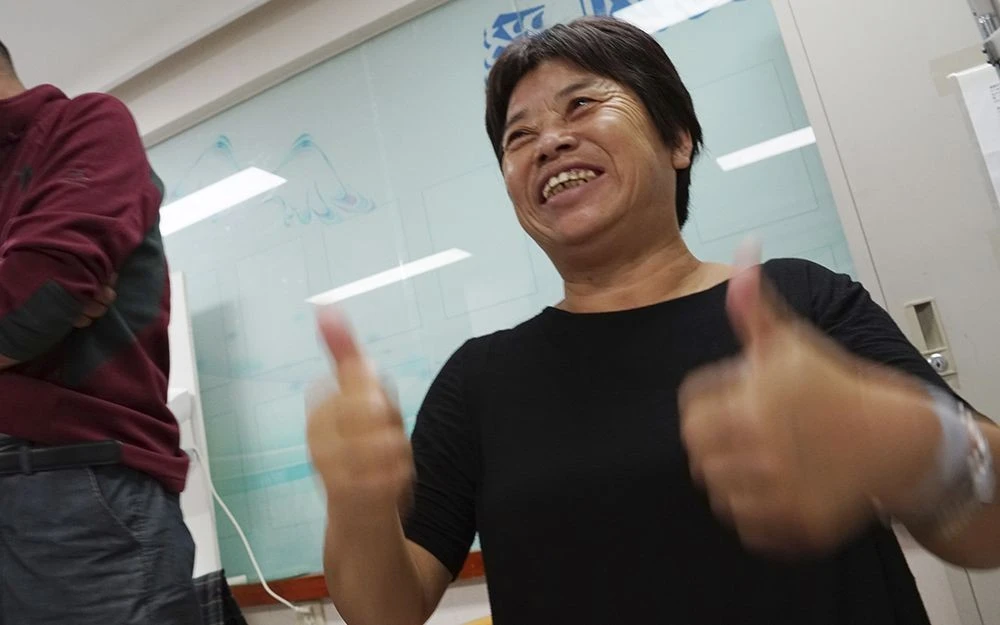
Meet the flying hospital that brings training to local eye care professionals in under-resourced communities
